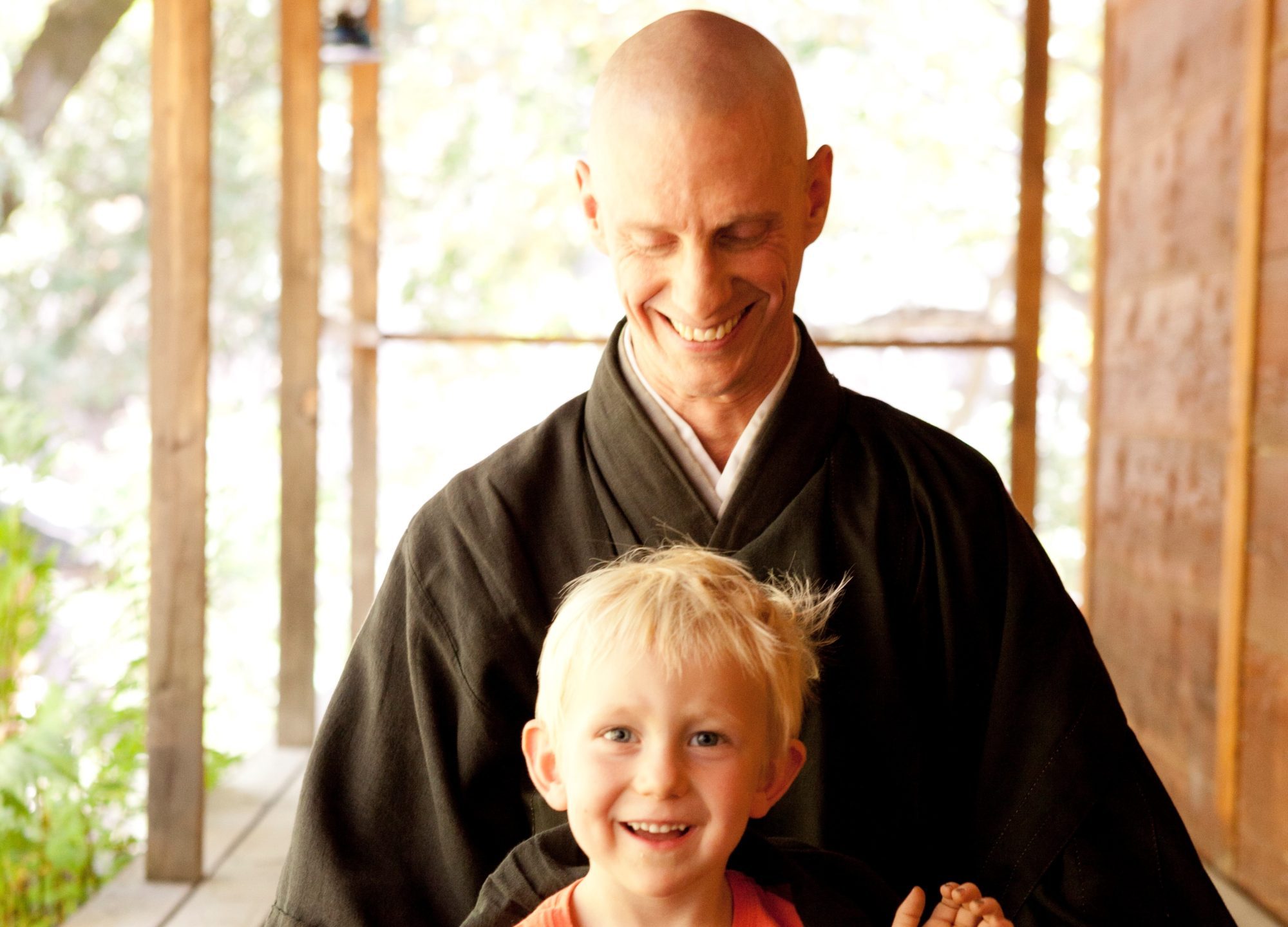Sōtō Zen in Meiji Japan: The Life and Times of Nishiari Bokusan
by Jiryu Mark Rutschman-Byler

Purchase bound copy (at printing cost).
Meiji Japan (1868-1912), a period of radical transformation — and Westernization — of Buddhism, and the era of the birth of what is known today as the Soto Sect.
Nishiari Bokusan (1821-1910) — the most influential commentator on Dogen in the twentieth century, the teacher of Shunryu Suzuki Roshi’s teacher Kishizawa Ian, and the scholar-priest sometimes called the “father of the modern Soto Sect”— is largely ignored in English language writings on Zen despite his tremendous importance.
In this study, an edition of Jiryu’s 2014 MA thesis written under the guidance of the Group in Buddhist Studies at UC Berkeley, Nishiari Bokusan’s life story is presented for the first time in English. It is told in the context of the persecution and transformation of Buddhism in the Meiji Period, and against the backdrop of the history of the institutional birth of Soto Zen.
This edition includes a preface for the American Sangha.

